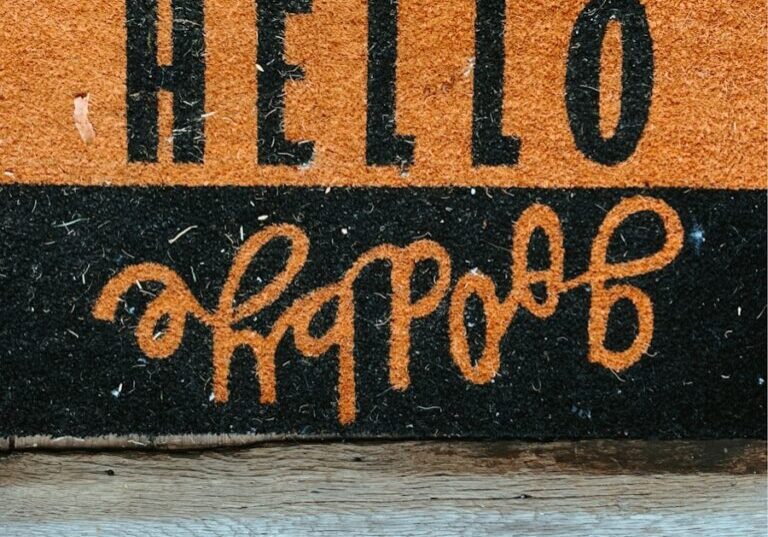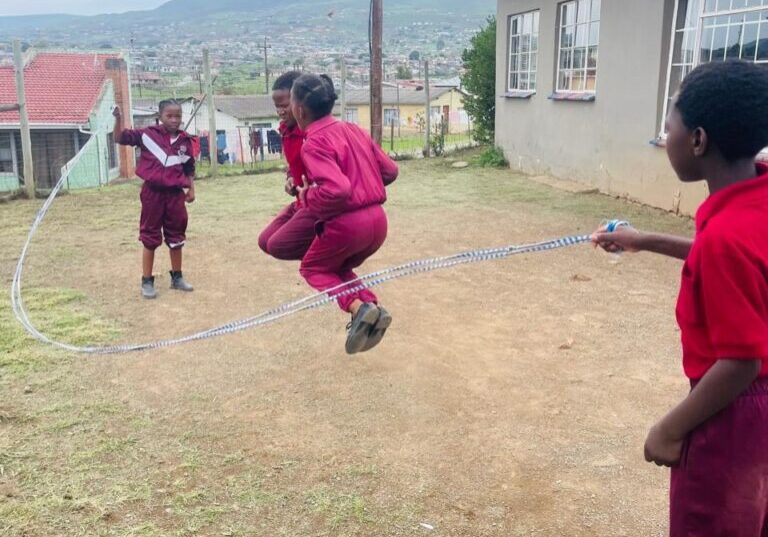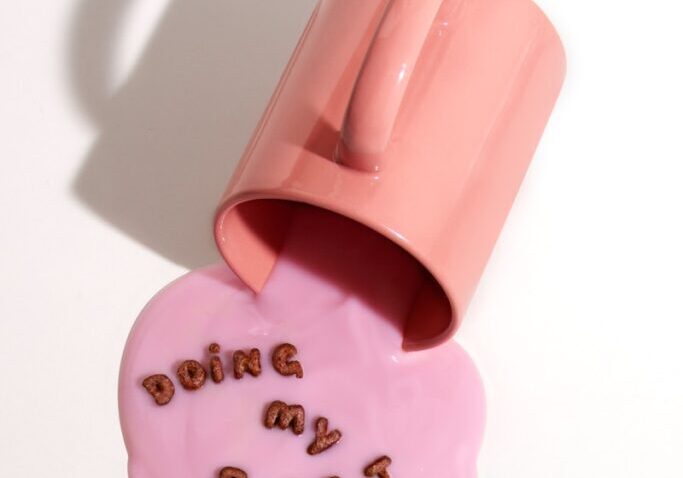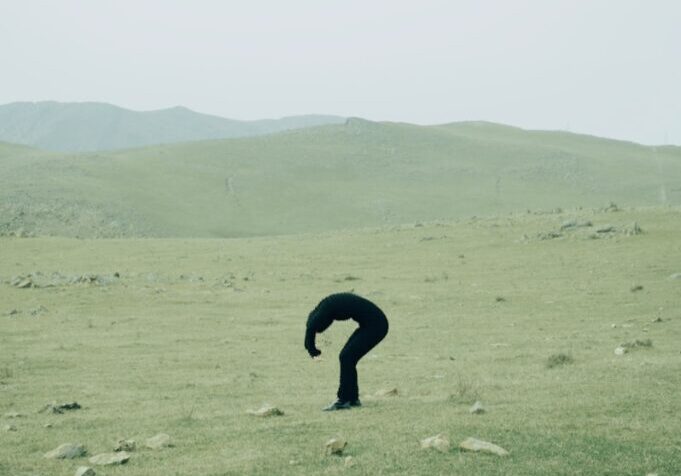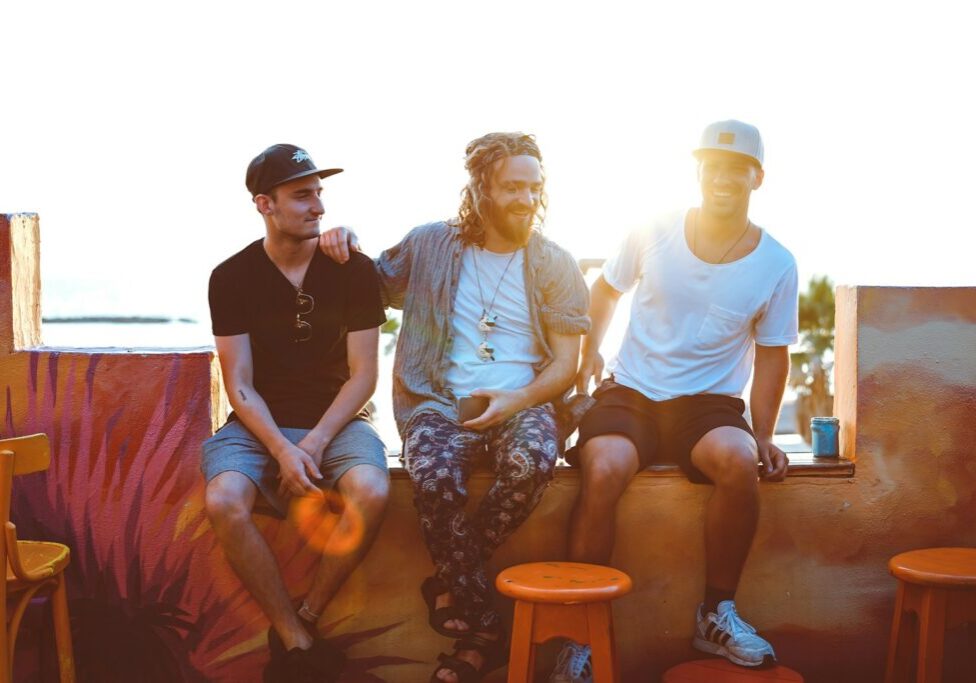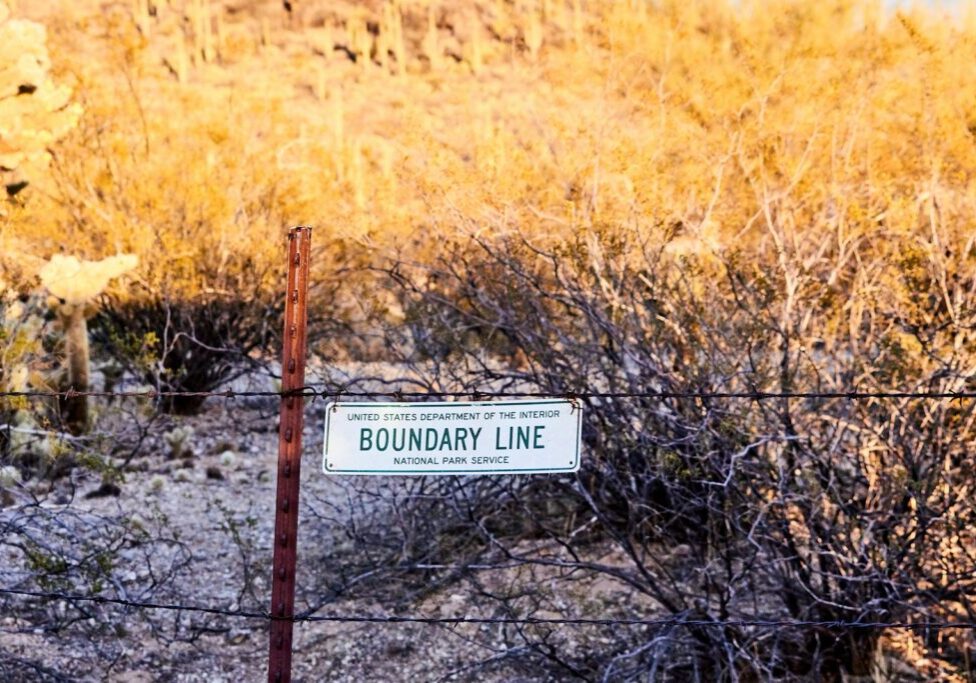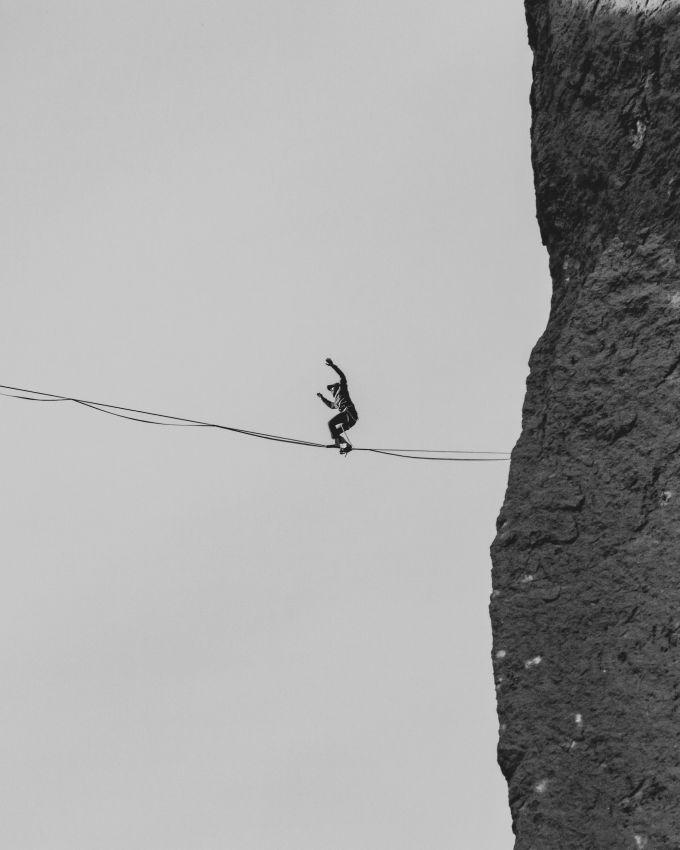
Safe conversations
I want my children to come to me, or another trusted adult, when things don’t feel right, or they need help. I want them to be able to know who and what makes them feel safe. I want them to know that it’s not a choice between being good and being safe.
What’s the first question you usually ask your child when you collect them from a play date? For me it used to be “Were you good?” It seems like a valid question, our children are a reflection of us and we want to know whether they remembered any of their manners and reflected us well or not.
But maybe there’s a more important question. Let’s be honest, for most of our children being at someone else’s house probably means they’re on their best behaviour most of the time. It’s more usual that a child would be compliant for someone else’s mom and dad than their own. So, is questioning the child about their behaviour the most important thing?
The question I have come to ask my kids in recent years is “Did you feel safe?”
I believe it’s so important to talk with our kids on a regular basis about what helps them to feel safe and what makes them feel unsafe. I refer to both physical and emotional safety. For explaining safety to a child, I would say something like the following. Feeling safe is when you feel good, you feel like no one is going to hurt or harm you, you feel happy and relaxed to play without worries. Feeling safe means feeling happy with the person you’re with, and in the place that you’re in. Feeling unsafe feels a bit like something bad is about to happen, or has happened and lots of worries and horrible thoughts come into your mind. Feeling unsafe can make you feel like you want mom and dad, now!
I once asked my son after a play date if he felt safe at a friend’s house and he said no. My heart plummeted. I asked him what made him feel unsafe, and he told me the dogs are big and bounce up on him. At the time, he was very fearful of dogs. We were able to talk to the friend’s mom and make sure the dogs were under control when he visited. Within a couple of months, he had moved past his big fear of dogs and that was that. But, I might never have known had I not asked the question.
Sometimes feeling unsafe can be just a sense of unease, like something is simply not right. This is really hard for a child to put into words. Over time, talking about what is safe and unsafe in different types of situations helps them to have a real concrete sense of behaviour, situations or people that they don’t feel comfortable with. I will ask my kids about their experiences of feeling safe and unsafe at all sorts of different times, like asking whether they felt safe or unsafe at school, or if they had any moments on the school trip where they felt unsafe, or if there are particular people who make them feel either safe or unsafe. I don’t ask every single day. If I did, they might run out of answers or get bored with the conversation and feel they have to make it up to satisfy me.
What makes your child feel safe or unsafe may surprise you, just listen to them, their answers are all valid even if they don’t make complete sense to you. Even if their answers amuse you, don’t show it, take them seriously.
If they say they have felt unsafe, do not panic! Remain neutral in your facial expression, ask what made them feel unsafe and listen properly to their response. You can follow this up with asking them what they did when they felt unsafe, who can they go to who helps them feel safe again.
The end goal of these conversations is that I want my children to come to me, or another trusted adult, when things don’t feel right, or they need help. I want them to be able to know who and what makes them feel safe. I want them to know that it’s not a choice between being good and being safe, they can express their feelings of feeling unsafe and I will listen and respond when the situation calls for it.
I really believe that these type of ongoing conversations about safe and unsafe build resilience and protection within children.
It’s Child Protection Week, a good time to start ‘safe conversations’ with your child.
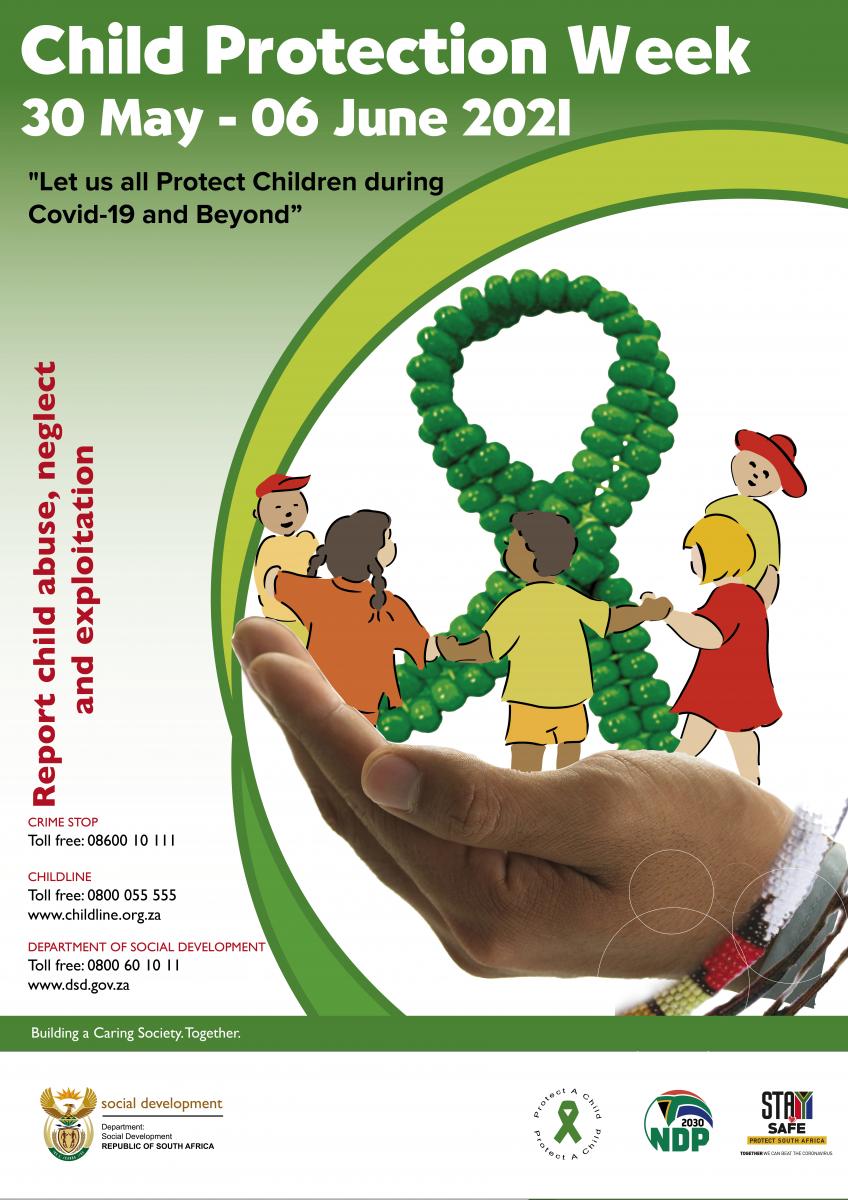
You could reflect on these questions for yourself and then use them with your children over the course of time.
Who is a person that helps you feel safe?
When was the last time you felt unsafe? What feelings or sensations did you feel in that situation?
Where is a place that always feels safe for you to be?
When you feel unsafe emotionally or physically, who do you turn to in order to feel a sense of safety again?

